
Culture
17:40, 13-Sep-2017
Ecotourism hubs spring up in ASEAN countries
By Wang Jia
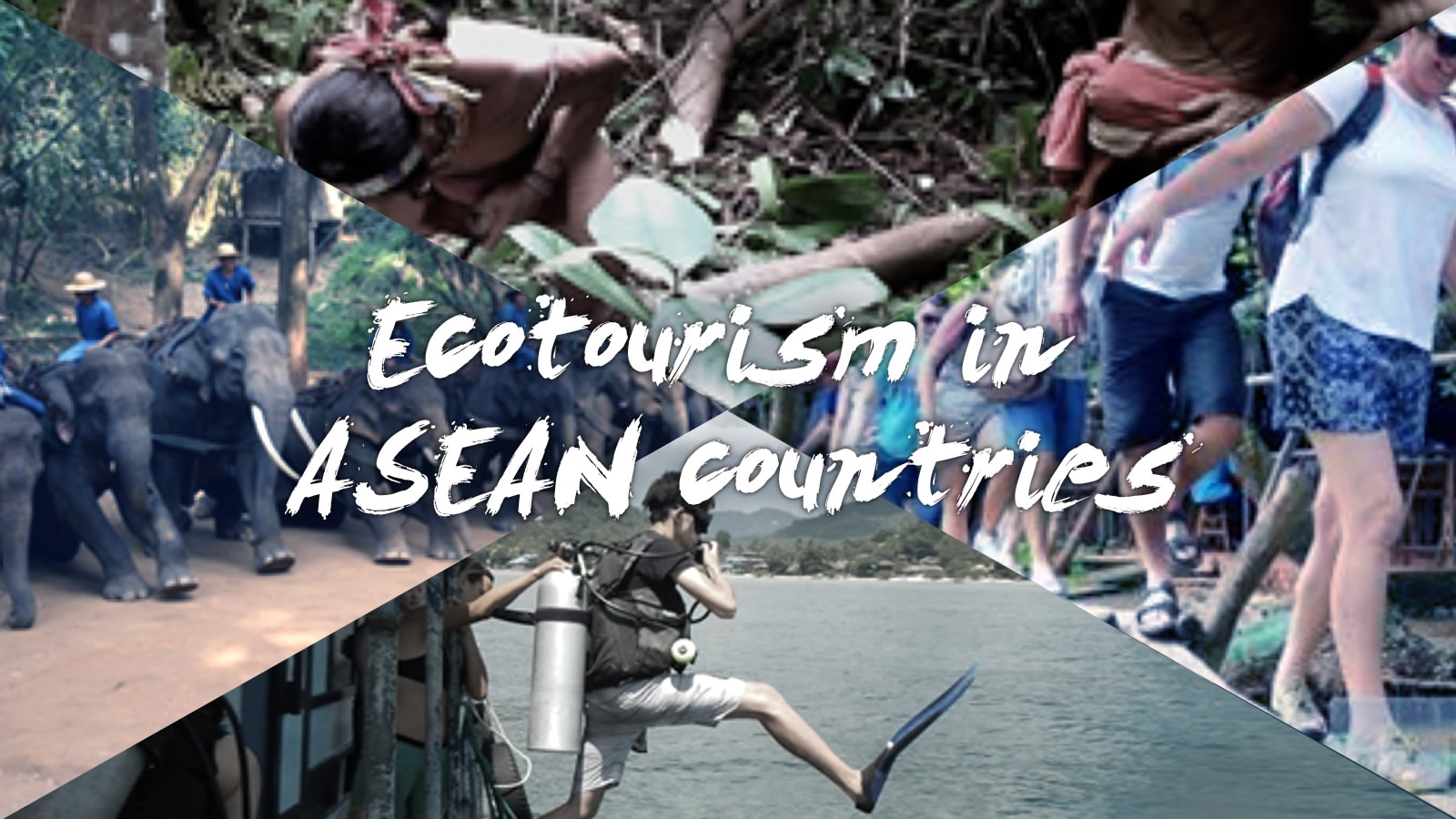
2017 marks the ASEAN-China Year of Tourism Cooperation, and holidaymakers from both sides are embracing the concept of ecotourism.
An increasing number of travelers from the region and beyond are finding themselves exploring the natural wonders that the tropical Southeast Asian heaven has to offer.
Ecotourism is a synonym to environmental sustainability. It is the“environmentally responsible travel and visitation to relatively undisturbed natural areas, in order to enjoy and appreciate nature (and any accompanying cultural features—both past and present) that promotes conservation, has low visitor impact, and provides for beneficially active socio-economic involvement of local population,” according to the World Conservation Union (IUCN).
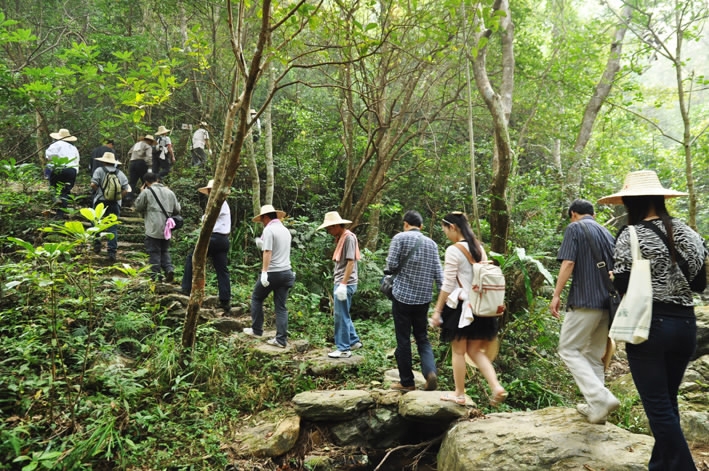
Web Photo
Web Photo
Responsible tourism not only transports travelers to the most pristine and unadulterated spots in the world, but it also allows them to take part in conservation efforts, reduce their carbon imprints and help local communities maintain their culture.
One could argue that the very idea of tourism is antithetical to ecological conservation, but awareness about the deteriorating state of the environment and the appeal of alternative lifestyles have spurred demand for eco-friendly escapades, with ecotourism accounting for two-thirds of the whole tourism market in some countries such as US and Australia.
In recent years, ASEAN countries with their rich biodiversity and natural resources, have hammered out plans to capitalize on their beautiful natural scenery and marine geography to instill a more ethical way of traveling, expanding the range of activities visitors could enjoy on their islands, surrounding waters and beyond.

Photo via aseantourism.travel
Photo via aseantourism.travel
In the Philippines, the Department of Tourism has advised a string of hotel resorts to implement environmentally friendly practices, from community-based coastal clean ups, prohibiting of the gathering of shells and coral, to promoting eco-safe cleaners in their rooms.
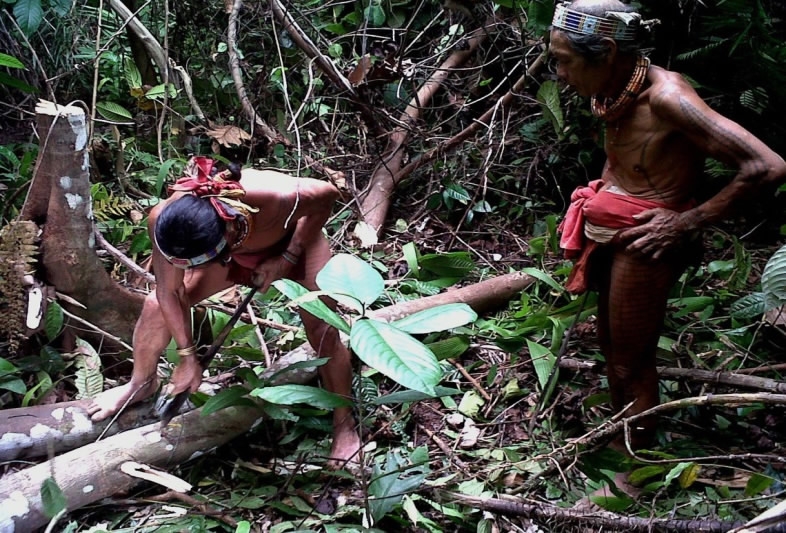
Web Photo
Web Photo
Indonesia has also been focusing on nurturing green travels. The Sustainable Travel International (STI) is a local non-profit tourism agency offering travelers abundant exotic rainforest adventures from rare glimpses of wild orangutans to close encounters with Sumatran elephants and sinister Komodo dragons.
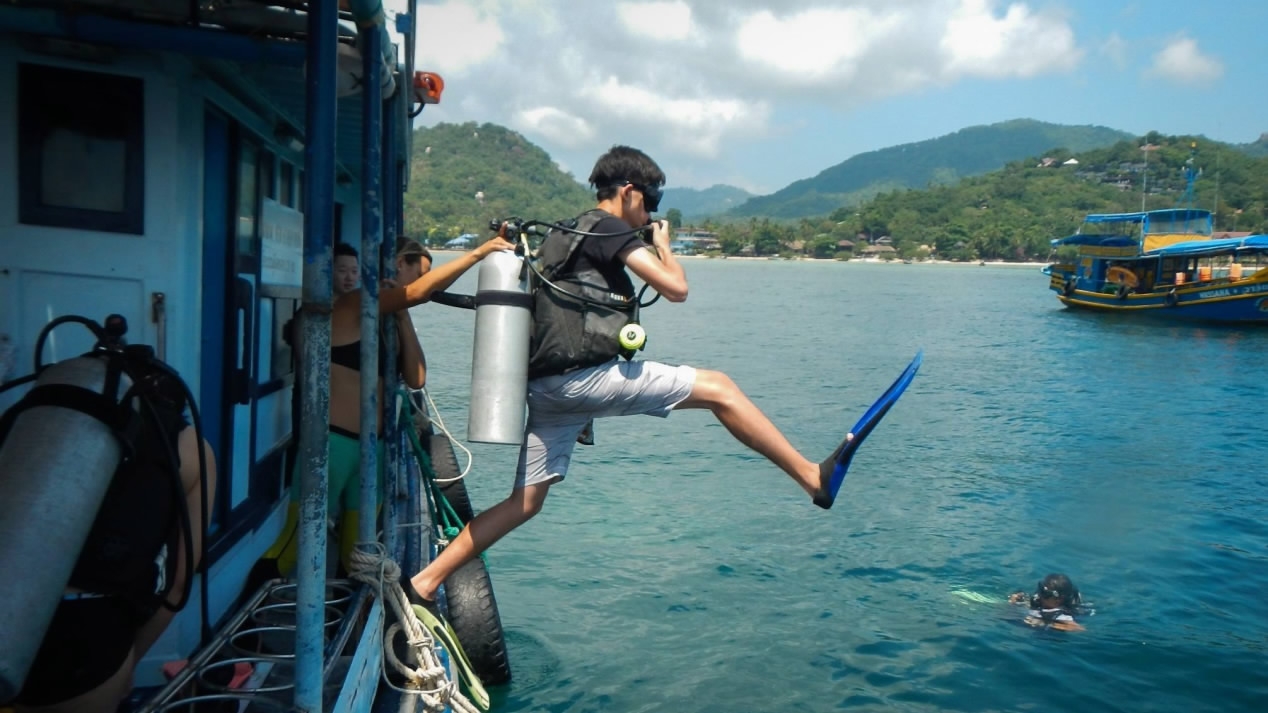
Photo via lovewildlife.org
Photo via lovewildlife.org
Thailand, one of the pioneers in ecotourism, started eco-friendly marine tourism projects many years ago. From Isan farms in the northeastern part of the country to its southern beaches, environment protection has become a common goal between locals and tourists.
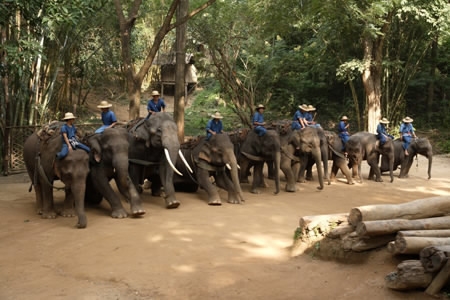
Photo via aseantourism.travel
Photo via aseantourism.travel
For many years, riding elephants in Thailand has been on the bucket list of most visitors. Much of Thailand’s success has come at the high price of deteriorating ecological heritage.
There is growing evidence that the practice is harmful to the pachyderms and longtime domestication leaves tamed elephants incapable of returning to the wild. Fortunately, many sanctuaries have sprung up, supported by NGOs and government bodies, providing a sanctuary for those animals.

Xinhua Photo
Xinhua Photo
In 2016, a total of 800,000 tourists entered Thailand looking for a traveling experience of a different kind. They were not in search of sterile cityscapes and urban explorations, nor were they on the lookout for shopping sprees and towering high-rises. They were seeking virginal landscapes, mountain tribes and being one with nature.
The number of these inbound tourists might seem insignificant when compared to the whopping 32.6 million visitors to the country, but it’s only the beginning – and the future of ecotourism sure seems flourishing.

SITEMAP
Copyright © 2018 CGTN. Beijing ICP prepared NO.16065310-3
Copyright © 2018 CGTN. Beijing ICP prepared NO.16065310-3